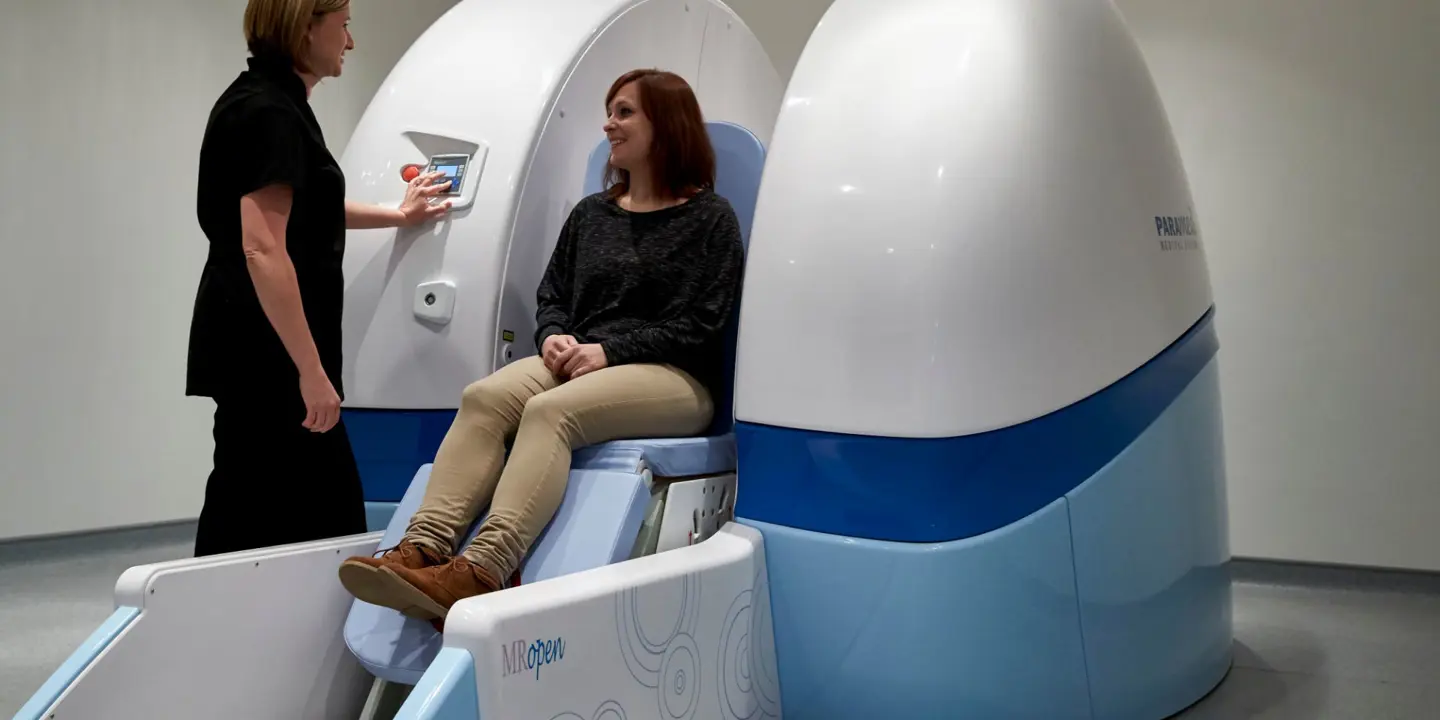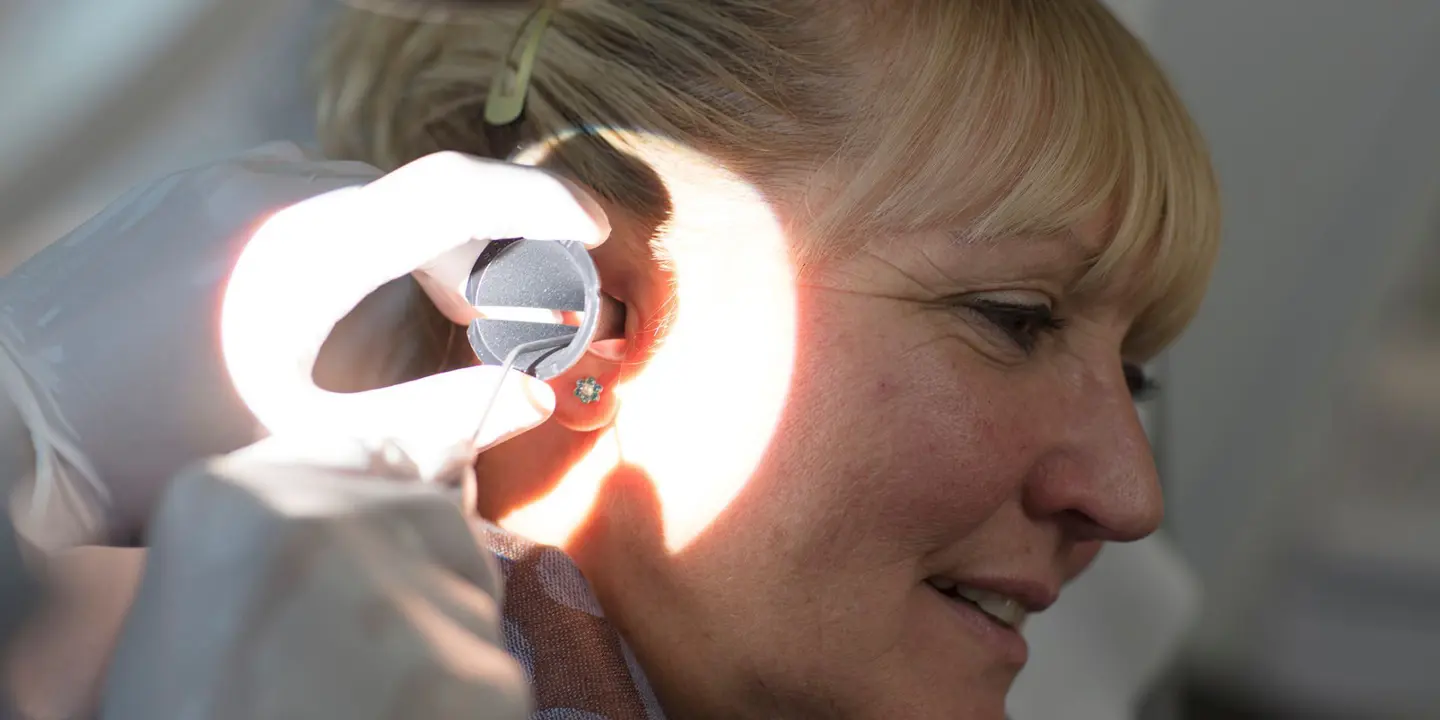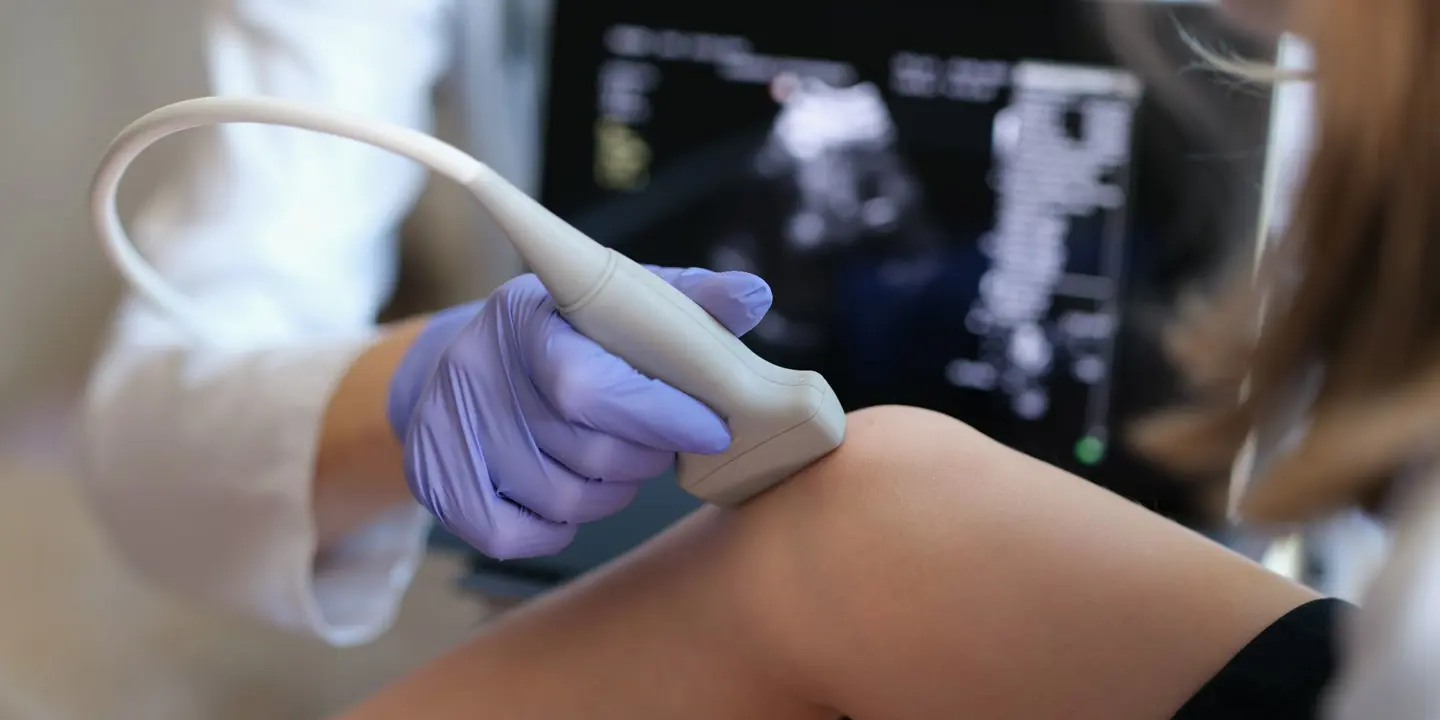Rugby is possibly the most physically demanding team sport in the world, it is a running and collision sport played with a warrior spirit. Due to its competitive and demanding nature, its little surprise that nearly two injuries occur per game across a season (1).
Unfortunately, on average players miss between 4-5 games because of these injuries. A negative cycle of repeat or new injury problems can then ensue due to subsequent reduced fitness and match readiness.
Some injuries are unavoidable but regardless of whether you a professional or weekend warrior internalising and actioning some basic concepts may facilitate regular training and match play reducing your risk of injury.
Workload
How many matches and training sessions are you routinely undertaking per week?
Consistency is king, therefore minimise sudden changes from the number and intensity of your weekly sessions.
Train or exercise at as close to usual intensity whilst injured or unavailable by modifying sessions. For example, if you cannot run, cycle or row instead.
Full contact sessions are important for match readiness with two per week including games been sufficient. If you are unable to tackle fully consider controlled contact or wrestle sessions where you can work on your technique and ruck fitness.
Physical preparation
Positional demands in rugby union vary but research has shown that players can expect to run 3.5-7 kilometres per 80 min match with 0.3-1 kilometre of that sprinting (2). Further, players may make up to 15-20 tackles (3).
Therefore, to play well and minimise the risk of injury, rugby players must be aerobically fit and physically strong in their upper and lower bodies. You can test yourself using the following examples:
Upper body
Professional’s bench-press 1.5-2 times their body weight. I would expect amateur players to press their own body weight as a minimum. Additionally, performing 20-25+ continuous and quality press-ups would suggest good upper body endurance.
Lower body
The ability to single leg press over 1.3-1.5 times your body weight is a good indicator of lower limb strength and we often see professionals pressing twice their body weight for one rep. Moreover, single-leg squatting for 12-15 repetitions is a good indicator of strength endurance.
Aerobic fitness
Professional players expect to complete a shuttled 1.2km run in under 5 minutes. If you are an amateur player, running a straight 1.2km in under 6-7 minutes suggest a good foundation to develop your fitness.
Recovery
Once you have a consistent training schedule and you are physically prepared its crucial you allow your body to adapt and recover from the physical and emotional stress of rugby.
Getting up to, 8 hours of quality sleep will improve your ability to produce growth and repair hormones, reduce stress levels and generally improve your sense of wellbeing and energy levels.
Inevitably, occasional late nights and life stress can affect our ability to get consistent quality sleep. As little as 10 minutes of non-sleep deep rest, a technique to calm our mind and feel our body, can supplement missed sleep and energise us making sleep happen more easily (4).
Finally, ensuring adequate fuelling to repair and recover from intense exercise is critical to ensure our bodies remain strong and able to perform on a day-to-day basis. Load your plate up with protein, carbohydrates and lots of colourful salads and vegetables at least twice a day every day.
The rest
Once you have your workload, physical preparations and recovery sorted the rest takes care of itself. However, if you are truly serious about reducing injury risk, seek out the support of a trusted healthcare professional to review your unique circumstances and needs.
Play Safe, Play Smart With Vista Health
Rugby injuries are a common occurrence throughout the season, but prevention is key to ensuring players' safety and preventing long-term complications. Preventive measures like a proper warm-up, technique, protective gear, rest and recovery, proper nutrition, and medical attention, can help reduce the risk of rugby injuries and keep players healthy and performing at their best.
At Vista Health, our team of specialists provide high quality diagnostic services. Our MRI and x-ray services provide you with an accurate diagnosis of your physical condition. With our help, you and your doctor can help you keep ahead of the game by retaining good health as well as helping provide a swift recovery for any potential rugby injuries.
Contact us today to learn more about our diagnostic services.







